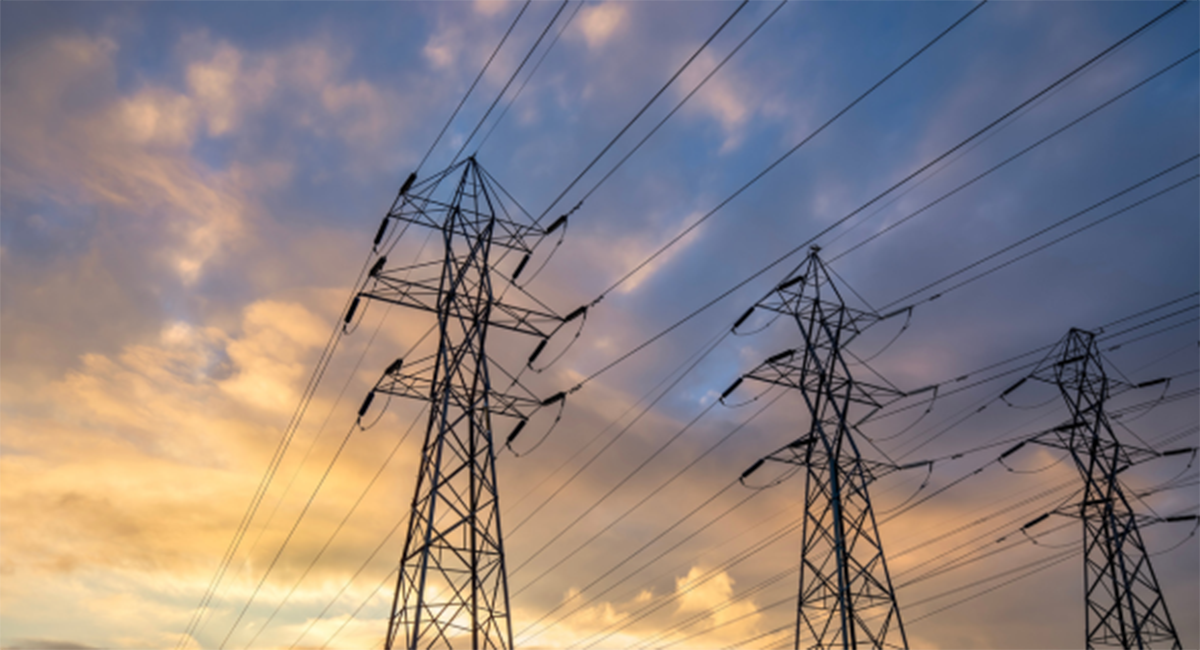Getting EV Ready at Home
To begin, you need to select the type of vehicle that fits your lifestyle. Look at the various technologies and choose the car that works best for you. When making your decision, don't forget to include federal incentives that will help you fit your new car into your budget. Next, you will need to equip your garage for the appropriate type of charging.

Equipping Your Garage
Determine the Type of Charging Needed — Level 1 or Level 2
The level of charging you need depends on the type of vehicle you purchase as well as the amount of miles you drive on a daily basis. Both level 1 and level 2 charging use the same standard charging plug, known as J1772. We worked with the Electric Power Research Institute and other utilities to help develop the standard so that all vehicles can operate with all charging stations.
Today's plug-in electric vehicles can be charged from a standard 120-volt outlet, available in every home. Level 1 charging typically doesn't require changes to your electric panel or home wiring. A buyer can purchase a car, drive it home and charge it in a typical home outlet. We recommend using a dedicated circuit to ensure that your circuit is not overloaded.
If you want to charge your car faster, use a 240-volt circuit, similar to the one for your dryer. Level 2 charging requires an "Electric Vehicle Supply Equipment" device, which enhances safety. Because of the higher voltage, a permit and inspection may be required for home installation. The cost for installation depends on upgrades, line runs, and the type of equipment or electric vehicle supply device installed. Contact a qualified independent electrician for costs and permitting and inspection requirements. The electrician will let you know if you have adequate capacity in your panel and will add a new circuit if needed.
Multifamily Homes
The majority of charging typically occurs at home. If you live in an apartment building or condominium, we recommend that you begin discussion with your property manager or your homeowners association to add or enable charging wherever you park. If that isn’t an option, you can utilize a resource such as PlugShare to find out if there are publicly accessible chargers near you.
Getting Ready to Plug In
Planning to get a new electric vehicle? The questions below will help guide you through planning to keep it charged:
- Which type of plug-in electric vehicle do you want: a plug-in electric hybrid or a battery electric vehicle?
- How do you plan to charge your plug-in electric vehicle? Are you going to use 120V charging (level 1, typically used for plug-in hybrids) or 240V charging (level 2, typically used for battery electric vehicles)?
- Can your home's electrical panel and wiring support a 240V charging station for charging your car?
- You may need to hire an electrical contractor to assess and modify your electrical panel and/or wiring to install a level 2 charger.
- Which charger would you like to install? (Chargers are sometimes known as Electric Vehicle Supply Equipment, or EVSE.)
Finally Received Your Vehicle?
Don't forget to sign up for our electric vehicle rate-rider which offers lower-cost energy for overnight charging.
Learn More


